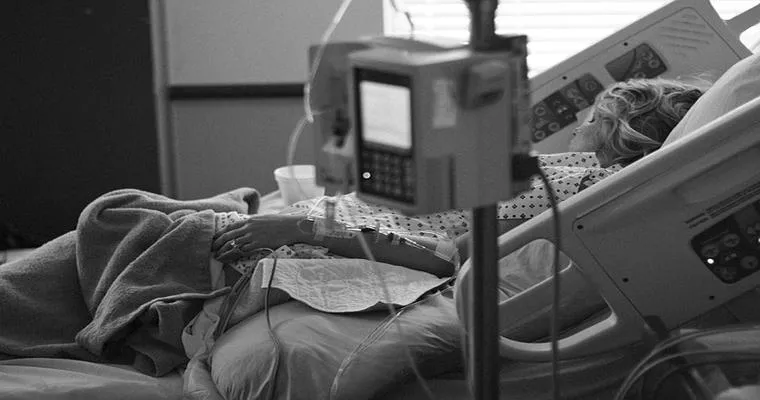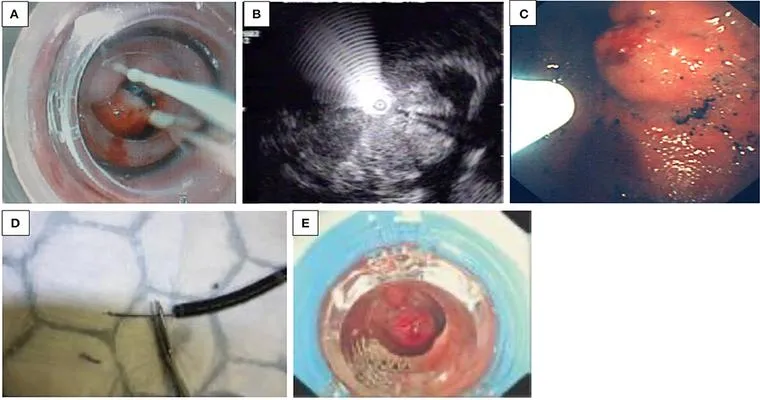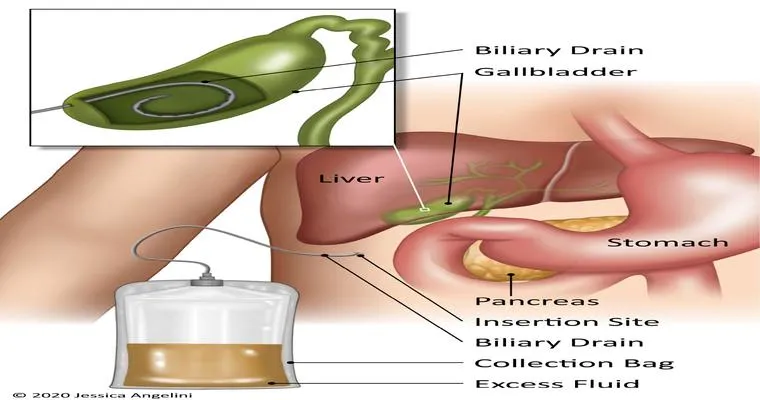Navigating the healthcare system can be particularly challenging for seniors, especially when it comes to "hospital observation status". This classification can lead to significant financial implications, particularly for those on fixed incomes or relying on Medicare. Many seniors often find themselves in a precarious situation when they are placed under observation rather than being admitted as inpatients, which can result in unexpected medical bills and complications in coverage.
When a senior is put under "observation status", it typically means they are receiving care in a hospital but have not been formally admitted. This classification can last for several hours or even days, during which the patient is monitored and evaluated. However, this status can have dire financial consequences, particularly related to Medicare coverage. Unlike inpatient admissions, which usually cover a longer stay and associated costs, observation stays are often treated differently by insurance providers.
One of the most significant issues arises with "Medicare coverage". Under Medicare, inpatient services are generally covered with a deductible and co-insurance, depending on the length of stay. However, observation stays are considered outpatient services, which means seniors may face substantial out-of-pocket expenses for their care. This can include costs for medications, tests, and any other services rendered during the observation period, which can quickly add up.
Additionally, the "30-day rule" imposed by Medicare can further complicate matters. If a senior requires skilled nursing care after a hospital stay, they must have been officially admitted as an inpatient for at least three days to qualify for coverage. Those who were under observation status may find themselves ineligible for this critical post-hospital care, leading to further financial strain as they must cover these expenses themselves.
The confusion surrounding observation status can lead to distress and anxiety for many seniors and their families. It is crucial for caregivers and family members to be aware of the implications of this status and to advocate for their loved ones during hospital stays. Seniors should ask healthcare providers about their status and ensure they understand the potential financial impact of being placed under observation.
To mitigate the risks associated with "hospital observation status", seniors and their families should consider taking proactive steps. This includes comprehensive discussions with healthcare providers about the necessity of inpatient versus outpatient care, as well as seeking guidance on Medicare coverage options. Understanding the nuances of hospital billing and insurance can empower seniors to make informed decisions about their healthcare.
In conclusion, "hospital observation status" can indeed be financially devastating for seniors. By recognizing the challenges associated with this classification, families can better prepare themselves for potential financial burdens. Staying informed and advocating for appropriate care can help seniors navigate the complexities of the healthcare system and safeguard their financial well-being.





